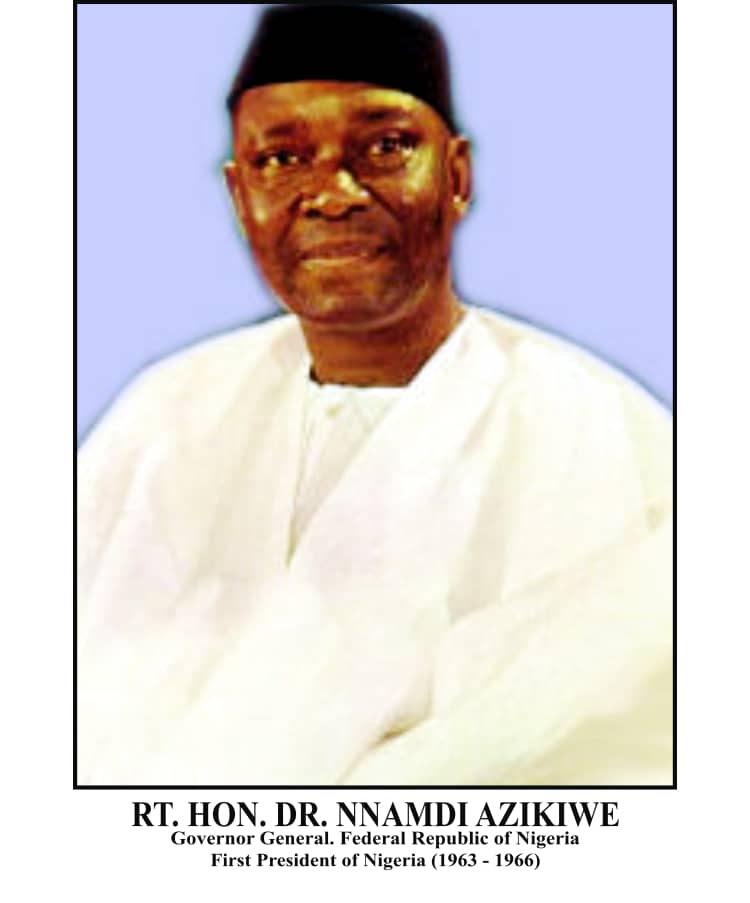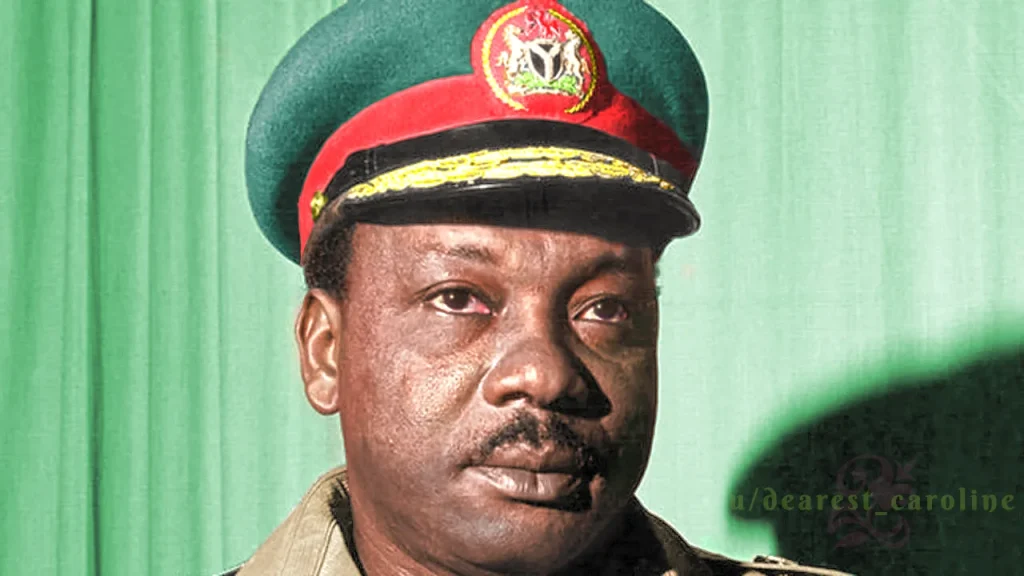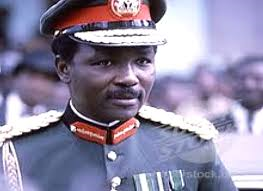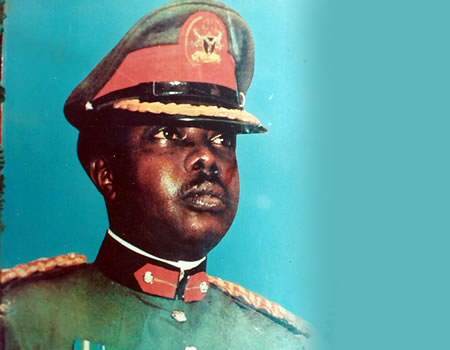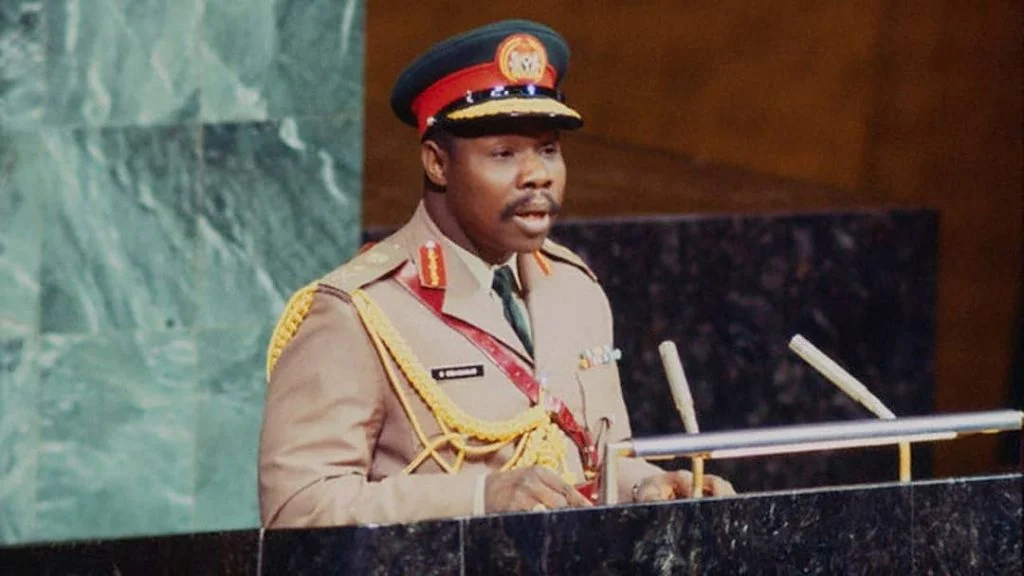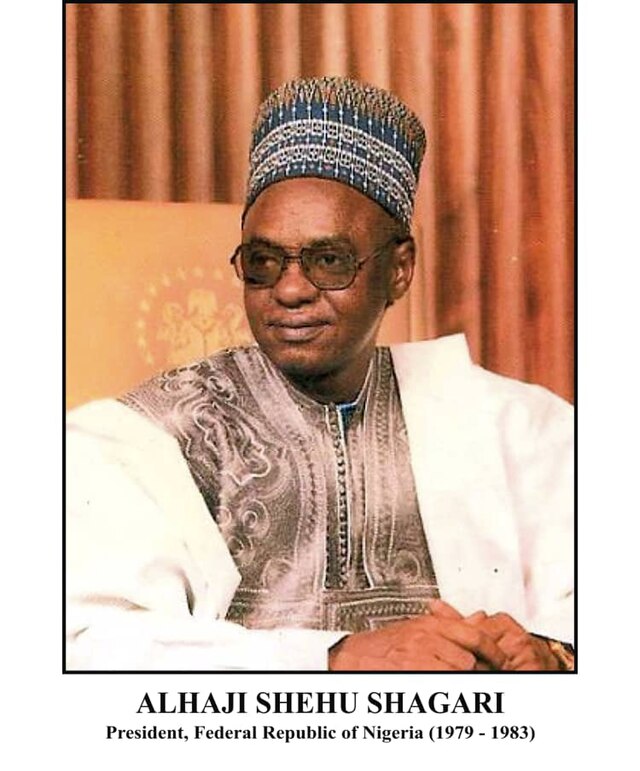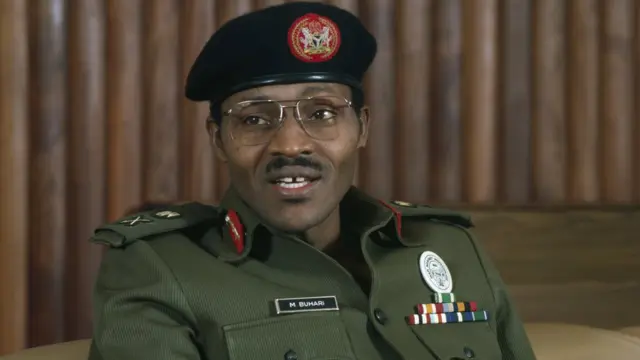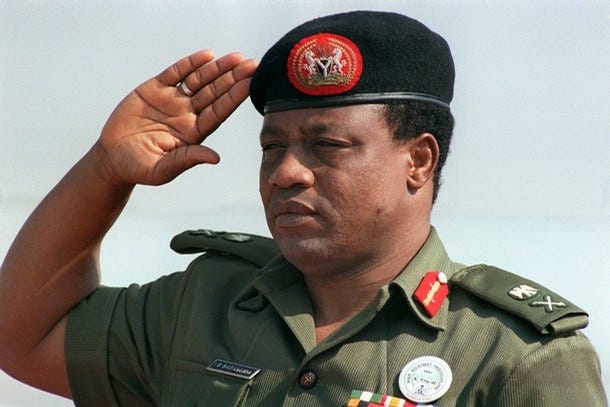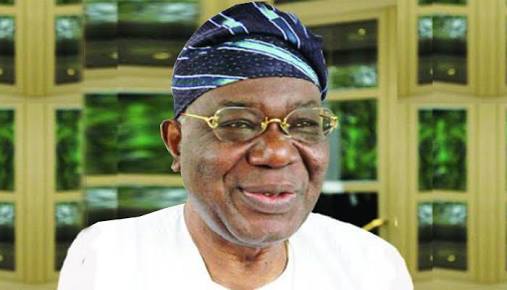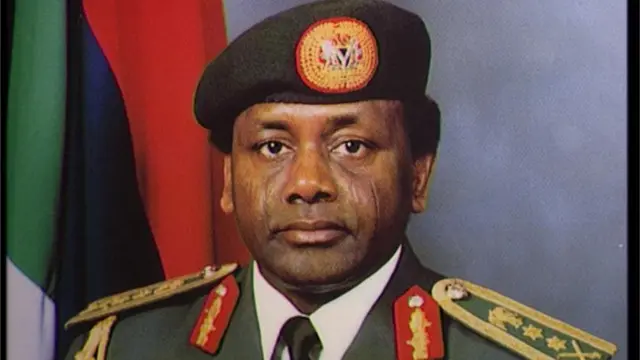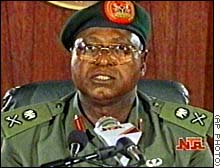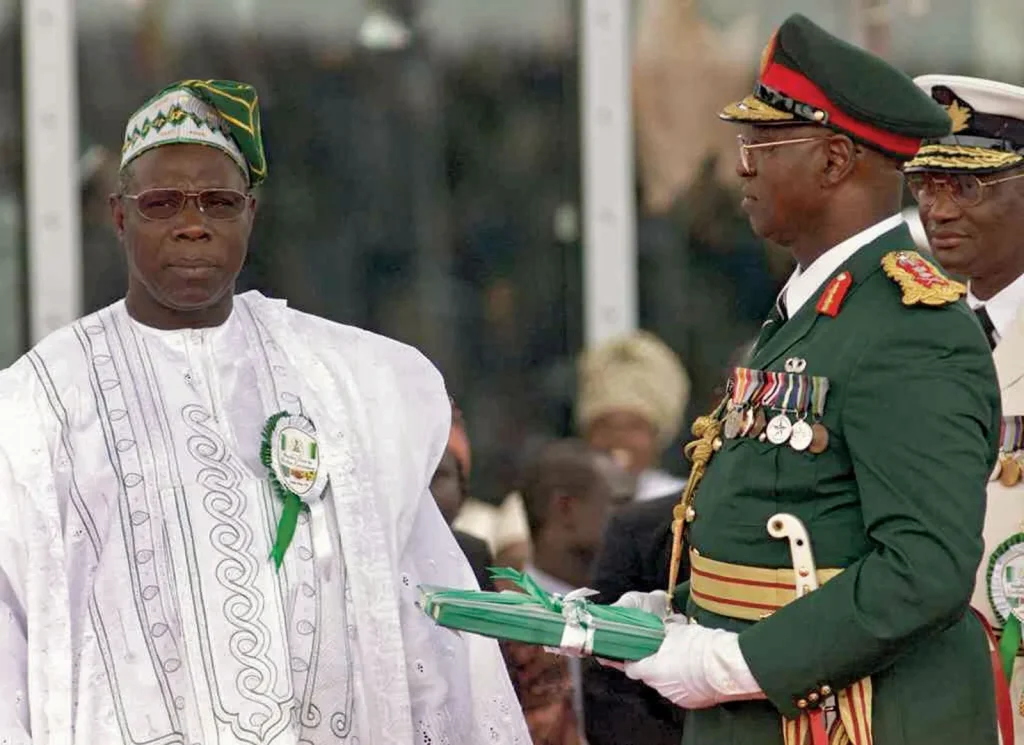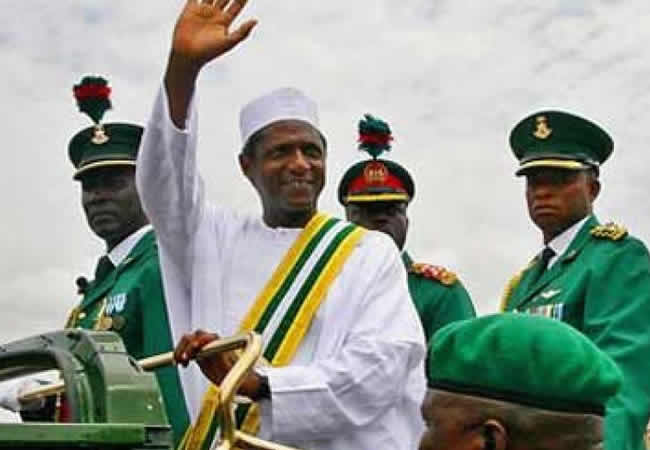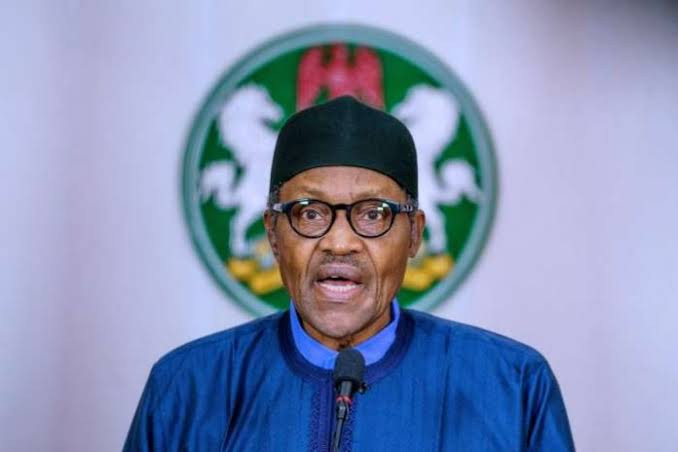Leadership
Nigeria’s Past Presidents and Their Achievements
Published
7 months agoon
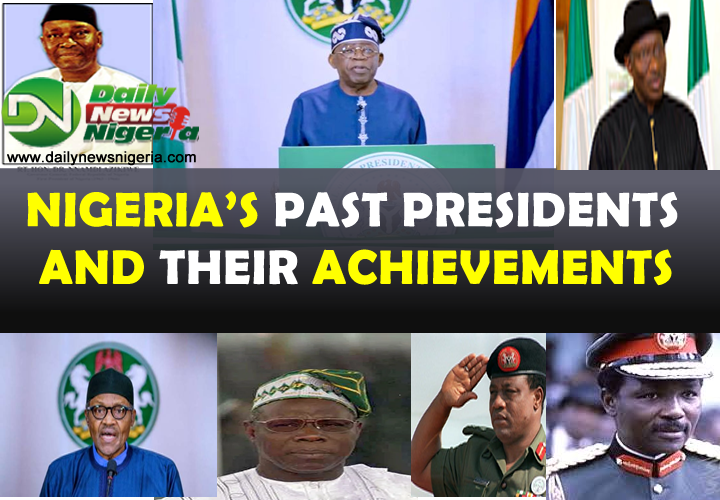
Nigeria, Africa’s most populous nation and largest economy, has experienced a dynamic political history shaped by a mix of military and civilian leaders. Since gaining independence in 1960, the country has been governed by visionary leaders, reformers, and transitional heads of state who have each left their mark on national development.
Understanding the achievements and policies of Nigeria’s past presidents is crucial for anyone interested in the nation’s political evolution, economic reforms, and institutional growth.
In this detailed piece, we provide a comprehensive list of Nigeria’s past presidents, highlighting their specific contributions, key reforms, and institutions or organizations established during their tenures. From Nnamdi Azikiwe’s educational vision to Olusegun Obasanjo’s GSM revolution and Muhammadu Buhari’s anti-corruption agenda, each administration has influenced Nigeria’s trajectory in distinct ways.
This article offers valuable insights backed with facts and official links. Explore how each Nigerian president helped shape the present through impactful policies.
Let’s delve into the legacies of Nigeria’s leaders and their lasting impact on the nation’s progress.
1. Dr. Nnamdi Azikiwe (1963–1966)
First President (Ceremonial Head, during parliamentary system)
Nnamdi Azikiwe, known as the “Father of Nigerian Independence,” played a pivotal role in leading Nigeria to independence in 1960. Coming from a background of activism, Zik, as he is fondly called, was a prominent political figure who galvanized support for self-governance.
His tenure as president was characterized by attempts to foster national unity in a country divided along ethnic lines. However, political instability and ethnic tensions culminated in a military coup in January 1966, leading to his removal from power.
Achievements:
- Advocated for pan-Africanism and Nigeria’s independence
- Laid groundwork for the establishment of the University of Nigeria, Nsukka
- Promoted national integration through media and education
2. Major General Johnson Aguiyi-Ironsi (1966)
Major General Johnson Aguiyi-Ironsi, Nigeria’s first military ruler, initiated significant reforms in 1966, including a controversial unification decree aimed at centralizing the judiciary and military.
His presidency, although short-lived, laid foundations for national cohesion.
Achievements:
- Attempted to unify Nigeria with the Unification Decree No. 34, abolishing regional governments (controversial policy)
- Initiated military administrative reforms
3. General Yakubu Gowon (1966–1975)
General Yakubu Gowon took over the leadership of Nigeria following the military coup that ousted Azikiwe. As a young and dynamic military officer, he faced the daunting task of uniting a nation on the brink of civil war.
His administration is best known for navigating the turbulent period of the Nigerian Civil War (1967-1970) and striving for the healing and reconstruction of the country post-war. His slogan, “No Victor, No Vanquished,” aimed to promote national stability.
Achievements:
- Led Nigeria through the Civil War (1967–1970) and implemented the “No Victor, No Vanquished” reconciliation policy
- Established:
- National Youth Service Corps (NYSC)
- Federal Government Colleges (Unity Schools)
- Petroleum Equalization Fund
- Launched the First National Development Plan
4. General Murtala Mohammed (1975–1976)
General Murtala Mohammed seized power in a bloodless coup, taking over from Gowon. He was known for his commitment to uprooting corruption and implementing effective governance.
His era, though short-lived due to his assassination in 1976, was marked by significant reforms aimed at creating a more equitable Nigeria. Mohammed’s leadership style was characterized by a refreshing moral authority that resonated with many Nigerians.
Achievements:
- Civil service reform and purge of corrupt officials
- Land Use Act: Initiated reforms in land ownership and usage, making land accessible for agricultural and developmental purposes.
- Initiated movement of the capital from Lagos to Abuja
- Founded:
5. General Olusegun Obasanjo (1976–1979)
General Olusegun Obasanjo first governed Nigeria as a military leader after the assassination of Murtala Mohammed.
Achievements:
- Successfully transitioned power to a civilian government in 1979
- Completed the Second National Development Plan
- Established:
6. President Shehu Shagari (1979–1983)
President Shehu Shagari’s civilian administration from 1979 to 1983 focused on economic growth through agricultural policies and infrastructural development, although faced challenges of corruption.
Achievements:
- Launched the Green Revolution to boost agriculture
- Continued major infrastructural projects such as:
- Ajaokuta Steel Company
- Increased federal scholarships and education funding
7. General Muhammadu Buhari (1983–1985)
General Buhari’s rule from 1983 to1985 emphasized anti-corruption and economic discipline, implementing strict measures to curb inflation.
Achievements:
- Launched War Against Indiscipline (WAI)
- Tackled corruption and smuggling
- Promoted Import Substitution Industrialization
8. General Ibrahim Babangida (1985–1993)
General Ibrahim Babangida’s era saw extensive economic restructuring and the introduction of the Structural Adjustment Program.
Achievements:
- Introduced the Structural Adjustment Programme (SAP)
- Created:
- Liberalized the media and established:
- Nigeria Television Authority (NTA) zones
- Approved private broadcasting licenses
9. Chief Ernest Shonekan (1993)
Chief Ernest Shonekan briefly led Nigeria in 1993.
Achievements:
- Short-lived Interim Government
- Attempted economic stabilization policies
- Negotiated debt rescheduling with international creditors
10. General Sani Abacha (1993–1998)
General Abacha’s regime was marked by a focus on economic self-sufficiency but criticized for human rights abuses.
Achievements:
- Founded:
- Petroleum Trust Fund (PTF)
- Nigeria Communications Commission (NCC)
- Completed key infrastructure projects
- Stabilized the naira via foreign exchange control
11. General Abdulsalami Abubakar (1998–1999)
General Abdulsalami Abubakar’s tenure (1998-1999) successfully transitioned Nigeria back to civilian governance, holding elections that paved the way for a sustained democratic process.
Achievements:
- Transitioned Nigeria back to democracy in less than 12 months
- Drafted and implemented the 1999 Constitution
- Strengthened the Independent National Electoral Commission (INEC)
12. President Olusegun Obasanjo (1999–2007)
President Olusegun Obasanjo returned to power in 1999 as the first civilian president after years of military rule.
Obasanjo’s leadership is noted for efforts towards democratic consolidation, economic reforms, and anti-corruption initiatives. His presidency witnessed significant strides in Nigeria’s political landscape, leading to increased international engagement.
Achievements:
- Established:
- Telecommunications reform: introduced GSM
- Secured $18 billion debt relief from the Paris Club
- Launched National Economic Empowerment and Development Strategy (NEEDS)
13. President Umaru Musa Yar’Adua (2007–2010)
Umaru Musa Yar’Adua came into power as a product of the 2007 elections and was notably the first Nigerian president to acknowledge the nation’s problems with transparency.
His tenure was marked by health challenges, but he also implemented several reforms addressing key issues such as electoral transparency and environmental management in the Niger Delta.
Yar’Adua’s presidency aimed for a “Rule of Law” governance approach.
Achievements:
- Declared Rule of Law as the cornerstone of his administration
- Initiated the Amnesty Programme for Niger Delta militants
- Rebranded Vision 2020 strategy
- Strengthened power sector reform
14. President Goodluck Jonathan (2010–2015)
Goodluck Jonathan rose to the presidency following the death of Yar’Adua and became the first Nigerian leader to focus significantly on inclusive governance. His time in office was characterized by significant economic growth yet faced challenges, including terrorism and corruption.
Jonathan championed policies that boosted the oil and gas sector and advocated technological advancements in education and agriculture.
Achievements:
- Reformed the power sector: unbundled PHCN into GENCOs/DISCOs
- Established:
- Nigeria Sovereign Investment Authority (NSIA)
- YouWIN! Youth Enterprise Fund
- Signed the Freedom of Information (FOI) Act
15. President Muhammadu Buhari (2015–2023)
Muhammadu Buhari returned to power following his election in 2015, after an initial unsuccessful attempts.
His administration focused on anti-corruption, security, and economic diversification, addressing critical issues such as terrorism and the nation’s over-reliance on oil revenues. Buhari’s leadership style was often deemed strict, yet some praised his commitment to tackling corruption.
Achievements:
- Focused on anti-corruption, security, and economy
- Established:
- Nigeria Police Trust Fund
- Presidential Enabling Business Environment Council (PEBEC)
- Massive investment in rail infrastructure via NRC
- Launched Anchor Borrowers’ Programme via CBN
16. President Bola Ahmed Tinubu (2023–Present)
Achievements (as of 2025):
- Removed fuel subsidy and floated the naira
- Introduced student loan scheme through the Student Loan Act
- Created:
- Presidential Compressed Natural Gas Initiative (PCNGI)
- Ministry of Marine and Blue Economy
Nigeria’s presidents have each left behind legacies that shaped the nation in various ways—some through institution-building, others through bold reforms.
While their impacts vary, these contributions have cumulatively influenced the trajectory of Nigeria’s democracy and development.
You Might Also Like These
 ASUU Strike:Wogu Appeals To Lectures To End Strike
ASUU Strike:Wogu Appeals To Lectures To End Strike
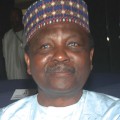 Nigeria is in the wilderness, says Gowon
Nigeria is in the wilderness, says Gowon
 Presidency Plotting Against Me – Kwankwaso
Presidency Plotting Against Me – Kwankwaso
 ‘Boko Haram’ kill Nigeria vigilantes
‘Boko Haram’ kill Nigeria vigilantes
 President Sacks Minister of Youth Development
President Sacks Minister of Youth Development
 Pastor Kumuyi Does Not Recognize ‘Prophetess’ Who Visited Heaven, Hell And Came Back
Pastor Kumuyi Does Not Recognize ‘Prophetess’ Who Visited Heaven, Hell And Came Back
 Reps To Probe Oduah’s N255m Cars
Reps To Probe Oduah’s N255m Cars
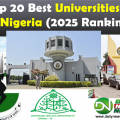 Top 20 Best Universities in Nigeria (2025 Ranking)
Top 20 Best Universities in Nigeria (2025 Ranking)
 Pictures : How Soldiers And Heavily Armed Policemen Prevented Tinubu, Buhari Protests In Abuja
Pictures : How Soldiers And Heavily Armed Policemen Prevented Tinubu, Buhari Protests In Abuja
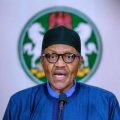 COVID-19: FG reveals decision on imposing another lockdown
COVID-19: FG reveals decision on imposing another lockdown
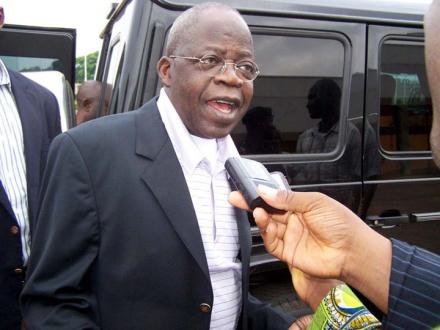 Bola Tinubu: Slump In oil prices – A Progressive Way Out
Bola Tinubu: Slump In oil prices – A Progressive Way Out
 Excited ADC Loyalists Flock to Lagos Airport to Greet Aregbesola
Excited ADC Loyalists Flock to Lagos Airport to Greet Aregbesola

